Artist: David Bowie Album: The Next Day
Year: 2013Duration: 1:00:30
A Critical Review of David Bowie's The Next Day Album
David Bowie's The Next Day album is a masterpiece that was released in 2013 after a decade of silence from the legendary artist. The album featured 14 tracks that spanned various genres. With this album, David Bowie gave an indication that he still had the magic to make great music. In this article, we will take a critical review of the album with a brief history of the artist, the music genre of the album, the best songs of the album, the most innovative parts, and a critic to the album.
David Bowie was an English singer, songwriter, and actor who is widely regarded as one of the most influential musicians of the 20th century. He was known for his unique voice, flamboyant fashion, and innovative music. Bowie started his music career in the 1960s and released his first album in 1967. He went on to release many more successful albums, and he was known for constantly reinventing himself and his music.
The Next Day is David Bowie's 24th studio album, and it was released in 2013. The album spanned various genres, including rock, pop, and electronic music. The album featured prominent musicians like Gail Ann Dorsey, Gerry Leonard, and Tony Visconti, who were part of Bowie's band for many years. The album was a commercial and critical success, and it received widespread acclaim from music critics.
One of the best songs on The Next Day album is the opening track, The Next Day. The song starts with an organ sound, and then Bowie's voice comes in with a spoken-word intro. The song then explodes into a distorted guitar riff and pounding drums. The lyrics of the song are cryptic and intriguing, and Bowie's vocal delivery is impeccable. Another standout track on the album is Where Are We Now? This song is a beautiful ballad that showcases Bowie's melancholic side. The song features slow-paced drums, a piano melody, and Bowie's haunting vocals.
The most innovative part of The Next Day album is Bowie's ability to combine various genres and make it work. The album has elements of rock, pop, electronic, and even jazz. Bowie also shows his ability to keep up with the current music trends, and he incorporates them into his music. The album has a modern sound, but it still has that distinct Bowie touch.
One of the criticisms of The Next Day album is that it lacks the experimental and daring nature of Bowie's earlier albums. The album feels safe and comfortable, and it seems like Bowie was playing it safe. However, this doesn't take away from the fact that The Next Day is still a great album. Bowie's voice is still in top form, and the production is top-notch.
In conclusion, The Next Day album is a fantastic addition to David Bowie's already impressive discography. The album showcases Bowie's ability to combine various genres and create something unique. The album has some standout tracks that show Bowie's range and versatility as an artist. While the album may not be as daring or experimental as some of Bowie's earlier works, it still holds up as a great album. If you're a fan of Bowie's music, you owe it to yourself to check out The Next Day album.
David Bowie albums
Other #Pop albums:
SIMILAR BANDS
balls, from 1 to 5, describe similarity between the two bands
SOMETHING NEW? LISTEN TO RADIOGENRE
SUGGESTED PLAYLISTS

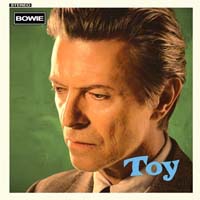
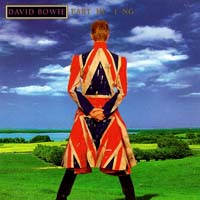
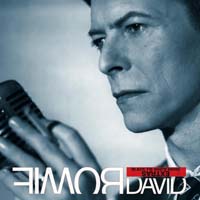
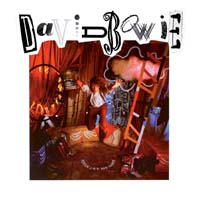
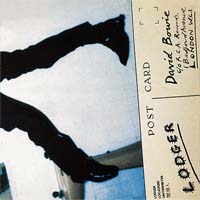
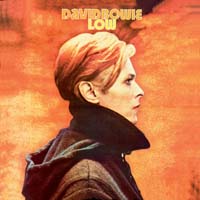

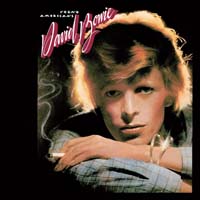
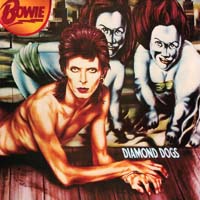
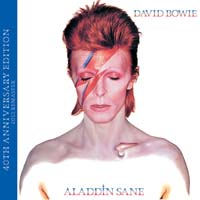
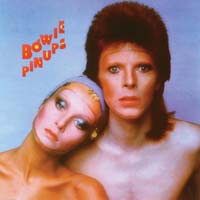
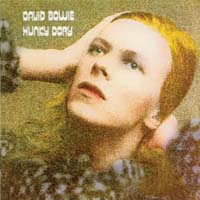

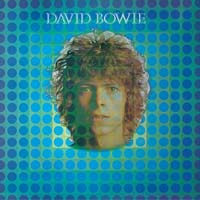
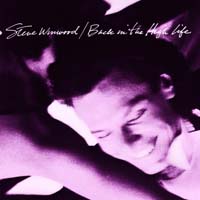
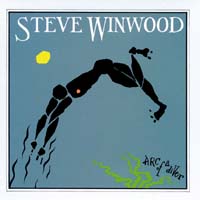

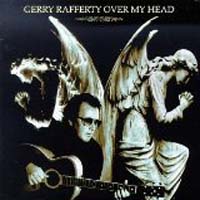
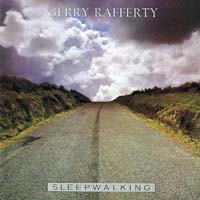
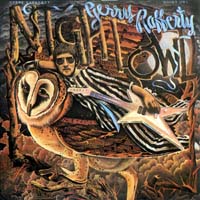
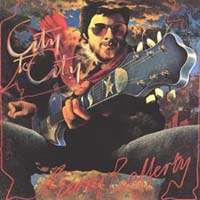

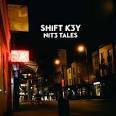
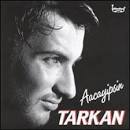
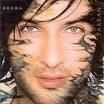




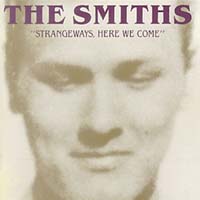
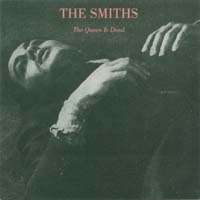
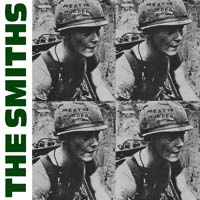







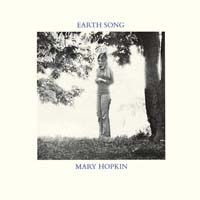

 Metalcore
Metalcore Turkish Music
Turkish Music Grime
Grime Big band
Big band Neapolitan Music
Neapolitan Music Minimal
Minimal Folk
Folk Balkan music
Balkan music Hipster
Hipster Drone doom metal
Drone doom metal The very best of nu jazz
The very best of nu jazz 1997: Nu Metal was born!
1997: Nu Metal was born! The very best of latin rock
The very best of latin rock Experiment with the sound space
Experiment with the sound space The very best of pop rock
The very best of pop rock The very best of psychedelic rock
The very best of psychedelic rock The Songs of Girls5eva, serie tv soundtrack
The Songs of Girls5eva, serie tv soundtrack The very best of ska punk
The very best of ska punk Who are the modern hipsters
Who are the modern hipsters Finding God in music
Finding God in music